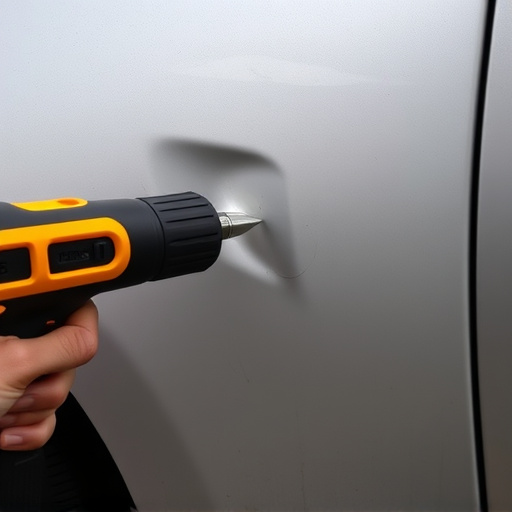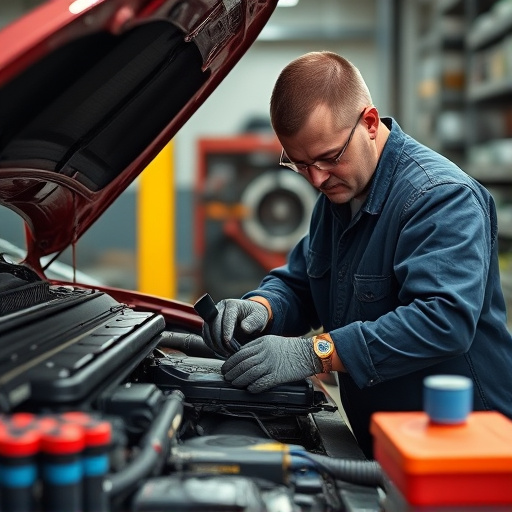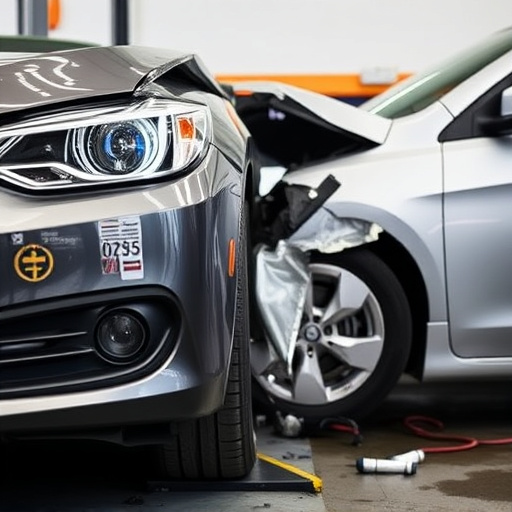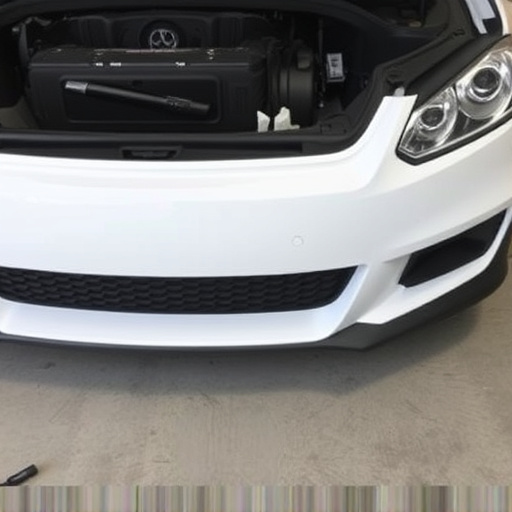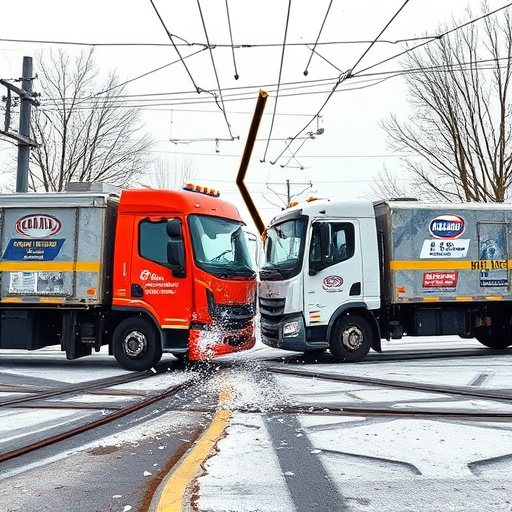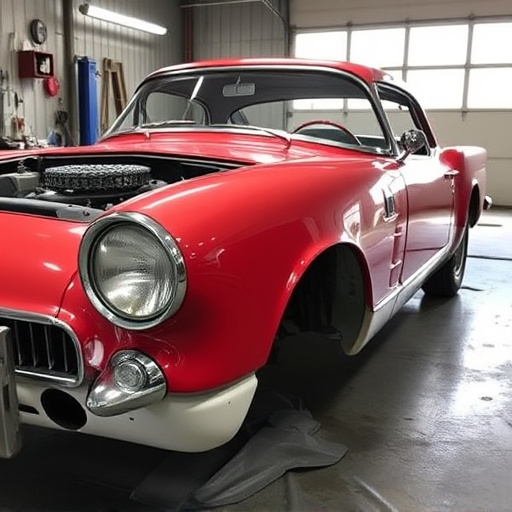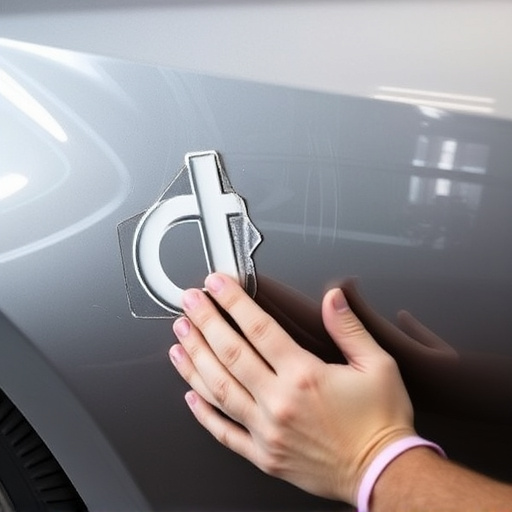A repair quality inspection failure occurs when vehicle repairs don't meet safety standards due to poor workmanship or incorrect parts. For customers, it underscores the importance of choosing reputable shops. For auto body shops, it highlights the need for rigorous training, consistent standards, and meticulous attention to detail. Failing inspections can lead to legal issues and roadworthiness delays; however, it's an opportunity to improve and meet industry standards through training programs and best practices.
Discover the potential consequences of failing a repair quality inspection and why it’s crucial for ensuring workmanlike repairs. This comprehensive guide explores the implications, from financial losses to customer distrust, of not meeting industry standards. We delve into specific areas that often lead to failures, providing insights to help professionals pass future inspections with flying colors. Learn practical strategies to enhance your repair processes and maintain client satisfaction.
- Understanding Repair Quality Inspection Failures
- Consequences of Failing the Inspection
- Strategies to Pass Future Inspections
Understanding Repair Quality Inspection Failures

A repair quality inspection failure occurs when a vehicle undergoing assessment doesn’t meet the established standards and criteria for safe and effective repairs. This can result from various factors, including subpar workmanship, incorrect parts installation, or inadequate adherence to industry best practices. When a collision repair shop or car scratch repair service fails such an inspection, it raises concerns about the safety of the vehicle and the integrity of the repair.
Understanding these failures is crucial for both consumers and auto body shops. For customers, it emphasizes the importance of choosing reputable facilities that prioritize quality over quick fixes. For repair shops, it underscores the need for rigorous training, consistent standards, and meticulous attention to detail in car damage repair processes. Regular and thorough inspections not only ensure customer satisfaction but also contribute to maintaining a reliable and safe motoring environment.
Consequences of Failing the Inspection

Failing a repair quality inspection can have several significant consequences for both individuals and businesses involved in vehicle maintenance or repair. When an auto repair near me or within a specific area fails to meet the required standards, it raises concerns about safety, reliability, and customer satisfaction. This is particularly crucial for auto repair shops offering services to their clients, as they are expected to maintain high standards set by industry regulations.
For individuals, if your vehicle doesn’t pass the inspection, it may result in delayed roadworthiness or even legal issues. Many regions mandate periodic repairs quality inspections to ensure vehicles on the road meet safety norms. Failing to address identified issues could lead to further damage and more extensive (and costly) repairs. It’s advisable to seek help from a reputable auto repair shop known for their scratch repair services, if needed, to rectify issues promptly and prevent potential hazards on the road.
Strategies to Pass Future Inspections

If you’ve failed a repair quality inspection, don’t despair; it’s an opportunity to learn and improve. The first step is to identify areas for enhancement—whether it’s adherence to industry standards, proper technique, or using high-quality materials. Many auto repair near me facilities offer training programs specifically designed to help technicians pass these inspections.
Focusing on meticulousness can make a significant difference. This includes double-checking your work, ensuring all repairs are secure and aligned, and paying attention to the finer details. For instance, when it comes to scratch repair or auto glass repair, precision is key. Regularly updating your skills and staying informed about industry best practices will not only increase your chances of passing future inspections but also guarantee superior customer satisfaction.
Failing a repair quality inspection can lead to significant consequences, including delayed project timelines and potential financial losses. However, understanding these outcomes can empower you to implement effective strategies for passing future inspections. By focusing on meticulous craftsmanship, adhering to industry standards, and maintaining comprehensive records, you can enhance the overall repair quality and minimize the risk of failure. Regular training and staying updated with best practices are key to ensuring your repairs meet the highest standards, ultimately fostering customer satisfaction and project success.

